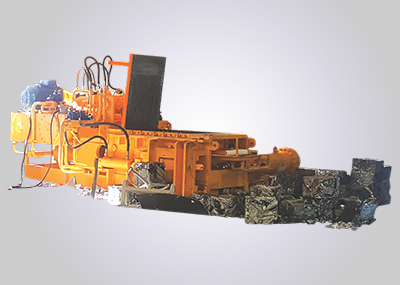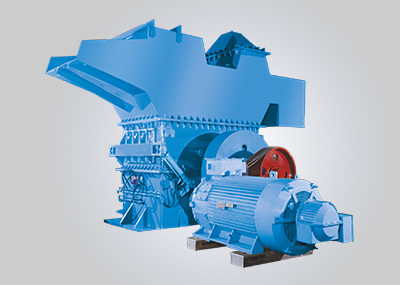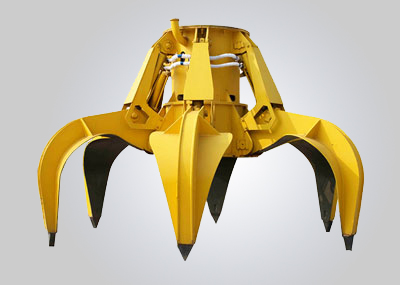In India’s bustling cities and sprawling landscapes, the automotive industry plays a central role in mobility and economic growth. However, with the rapid increase in vehicle ownership comes the inevitable challenge of end-of-life vehicle (ELV) management and disposal. In recent years, the concept of vehicle recycling has gained traction as a sustainable solution to address the environmental and economic implications of vehicle disposal. Let’s explore the landscape of vehicle recycling in India and delve into the advanced machines employed in this crucial process.
Understanding Vehicle Recycling
Vehicle recycling involves the systematic dismantling, recovery, and reuse of materials and components from end-of-life vehicles. Rather than allowing old cars to languish in scrapyards or end up in landfills, recycling offers a way to extract value from retired vehicles while minimizing environmental impact. This process encompasses several stages, including depollution, dismantling, shredding, and material recovery, each aimed at maximizing resource efficiency and minimizing waste.
The Importance of Vehicle Recycling in India
India’s rapidly growing automotive market has led to a surge in vehicle sales, resulting in a corresponding increase in end-of-life vehicles. In urban centers like Delhi, Mumbai, and Bangalore, the sight of abandoned cars cluttering streets and parking lots is all too common. Vehicle recycling presents a sustainable alternative to traditional disposal methods, offering numerous benefits:
- Resource Conservation: Recycling enables the recovery of valuable metals, plastics, and other materials from ELVs, reducing the need for virgin resources and conserving natural reserves.
- Waste Reduction: By diverting ELVs from landfills, recycling helps alleviate the strain on municipal waste management systems and minimizes environmental pollution.
- Economic Opportunities: Vehicle recycling generates employment opportunities in areas such as dismantling, sorting, and material processing, contributing to local economic development.
- Regulatory Compliance: With the implementation of regulations such as the End-of-Life Vehicles (ELV) Policy, vehicle manufacturers and recyclers are mandated to adopt sustainable practices, including recycling and proper disposal of ELVs.
Machines Used in Vehicle Recycling
- Car Crushers: Car crushers are powerful hydraulic machines designed to flatten and compress vehicles into compact, manageable shapes. By reducing the volume of ELVs, car crushers facilitate efficient transportation and processing, maximizing space utilization and material recovery.
- Shredders: Shredders play a crucial role in vehicle recycling by breaking down shredded vehicles into smaller, uniform pieces. These machines employ powerful rotating blades to shred metal components, plastics, and other materials, preparing them for further processing and material recovery.
- Shearing Machines: Shearing machines are used to cut through thick metal components such as chassis frames, engine blocks, and axles. These machines offer precision cutting capabilities, allowing for the separation of valuable metals from other materials for recycling.
- Material Separation Systems: Material separation systems, including magnetic separators, eddy current separators, and air classifiers, are utilized to separate ferrous and non-ferrous metals, plastics, glass, and other materials recovered from shredded vehicles. These systems enable the purification and sorting of materials for recycling or reuse.
The Road Ahead: Towards Sustainable Mobility
As India strives towards sustainable development and environmental stewardship, the adoption of vehicle recycling practices is poised to play a pivotal role in shaping the future of mobility. By embracing advanced recycling technologies and investing in infrastructure for ELV management, India can harness the potential of vehicle recycling to create a cleaner, greener, and more sustainable automotive industry. Through collaborative efforts involving policymakers, manufacturers, recyclers, and consumers, India can pave the way towards a circular economy where end-of-life vehicles are not seen as waste but as valuable resources awaiting a new lease on life.













